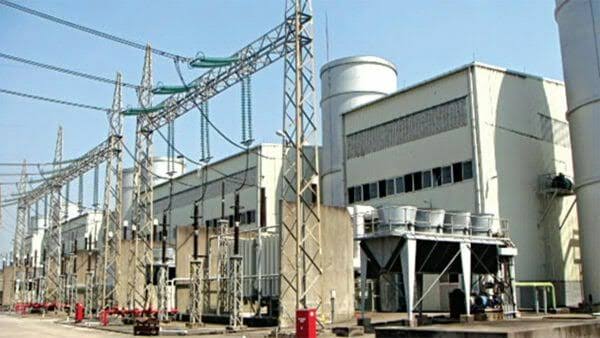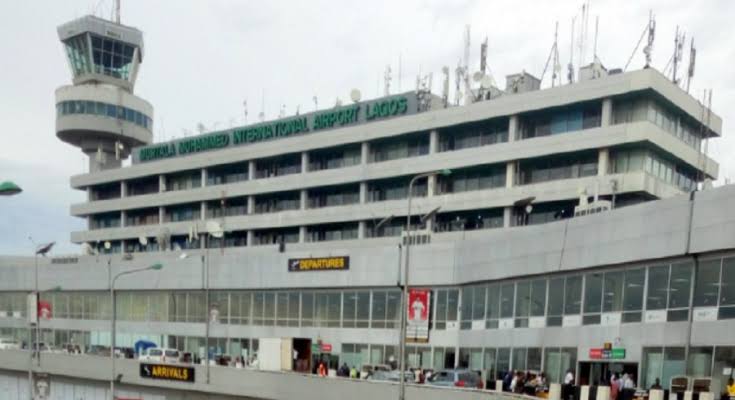Nigeria’s external reserves have continued to accumulate despite the frequent interventions of the Central Bank of Nigeria at the foreign exchange market as the 30 day moving average of the reserves stood at $31.599 billion as at August 18, 2017, the latest data provided by the apex bank.
This is a 21.1 per cent or $5.5 billion increase since the beginning of the year when it was $26.094 billion.
The external reserves had accumulated $755.79 million within the month of August when it breached the $31 billion mark.
Although the price of crude oil, the country’s major foreign exchange earner has been hovering between $46 and $49 per barrel, an increased inflow of capital as well as a more liberalised foreign exchange market had eased up the pressure at the foreign exchange market.
This saw the value of the naira which had breached the N500 to the dollar mark at the parallel market earlier in the year ease to N365.
The naira yesterday closed at the parallel market at N370 to the dollar.
Aside the foreign exchange inflow from the investors and exporters window launched early this year, the apex bank has been intervening regularly at the foreign exchange market, selling dollars to small businesses, to manufacturers as well as for personal and business travel allowance.
So far the CBN has injected $9.964 billion into the interbank segment of the foreign exchange market since it commenced its aggressive interventions in February this year.
Nigeria’s average import bill in the first five months of 2017 reached about N588.1 billion per month.
This is in contrast to what it was in 2005 when oil price was about $50 per barrel for an extended period of time, and monthly average import bill was N12.4 billion.
Next Edition… Always Ahead!











